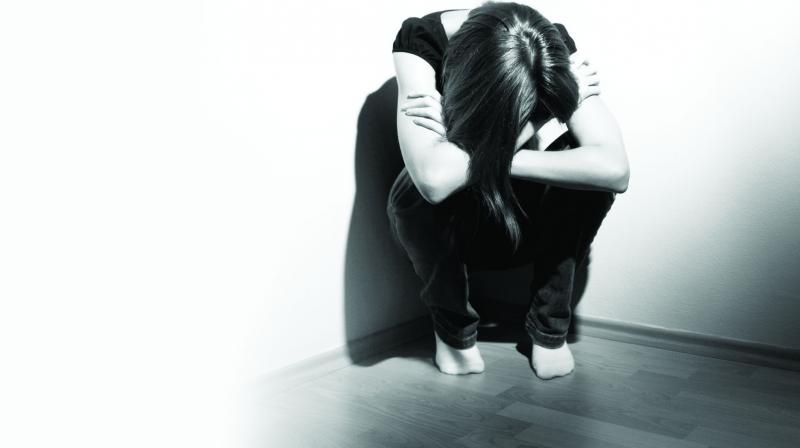Domestic Violence Act: Merely asking woman to bear kids not abuse
In-laws can be booked only if proof of abuse is shown.

Hyderabad: The act of in-laws forcing a woman to conceive does not attract any penalties under provisions of Domestic Violence (DV) Act unless the woman is able to provide evidence of mental, verbal or physical abuse inflicted upon her.
Experts say that if a woman is administered medical treatment against her will or impregnated forcefully, then that constitutes physical abuse.
Cricketer Yuvraj Singh and his mother have recently been booked under the Domestic Violence Act for “telling” his sister-in-law to have a baby. Experts say that the complainant will have to prove that she has been the victim of physical, emotional, economic or sexual abuse for the case to hold.
As per a sub-clause of the Protection of Women from Domestic Violence Act of 2005, “If the aggrieved person is subjected to insults, ridicule, humiliation, or name-calling with regard to not having a child or a male child,” then this constitutes verbal or emotional abuse. However, the law does not prevent in-laws from asking a woman to conceive.
S. Vani, an advocate with the Supreme Court, says, “In-laws wanting to be grandparents is a natural phenomenon. In case the family shares a positive intimacy with the daughter-in-law, then, as per the law, there is nothing wrong with them asking her to conceive, unless there is constant physical, mental, and emotional torture and humiliation such as calling the woman barren.” She adds that in order for the DV Act to be applicable, the aggrieved person and the respondents must have lived together in a shared household and they should be related to each either through birth, consanguinity, marriage, or some other legal relationship.
Speaking about members of the respondents’ families being included in cases filed under the DV Act for being silent spectators to the abuse, Deputy Commissioner of Police Joel Davis says, “Generally, in families that are influential, members of the extended family get dragged into the case because of advice given to the aggrieved person by his or her counsel. But in most cases, the aggrieved persons are not able to prove the offence, and courts take serious cognisance of this.
“Unless there is a direct mental, physical, sexual or emotional abuse by the extended family, which can be proved with evidence, cases cannot be booked against them,” he says.
The Protection of Women from Domestic Violence (DV)Act of 2005, comprises four prime aspects of abuse – verbal, physical, economic and sexual.
Under the act, abuse is defined as harm or injuries which endanger the health, safety, life, limbs or well-being, whether mental or physical, of the aggrieved person or tend to do so, including causing physical abuse, sexual abuse, verbal and emotional abuse, and economic abuse or harassment of the aggrieved person to meet any unlawful demand for dowry or other property or valuable security.
These acts of omission or commission or conduct by respondents attract penalties under the DV Act:
- Physical abuse: Any act that causes bodily pain, harm, or danger to life, limbs, or health, or impairs the health or development of the aggrieved person, including assault, criminal intimidation and the use of criminal force.
- Sexual abuse: Any conduct of a sexual nature that abuses, humiliates, degrades or otherwise violates the dignity of woman.
Economic abuse
- Deprivation of all or any financial resources to which the aggrieved person is entitled, including stridhan, property jointly or separately owned by the aggrieved person and payment of rental costs.
- Disposal of household effects, any alienation of assets whether movable or immovable, valuables, shares, securities and the like or other property in which the aggrieved person has an interest or is entitled to use by virtue of the domestic relationship.
- Prohibition or restriction of access to resources or facilities which the aggrieved person is entitled to use or enjoy by virtue of the domestic relationship including access to the shared household.
Verbal and emotional abuse:
- Insults, ridicule, humiliation, name-calling especially with regard to not having a child, or a male child.
- Repeated threats to cause physical pain to any person in whom the aggrieved person is interested.

